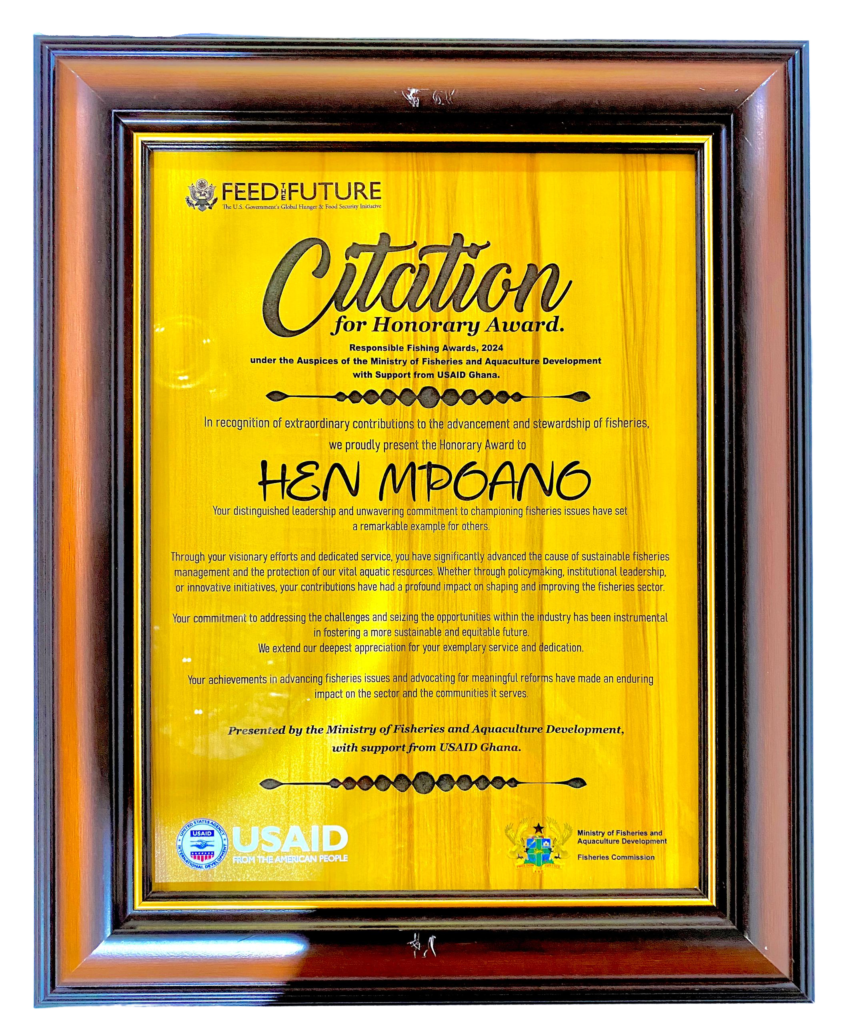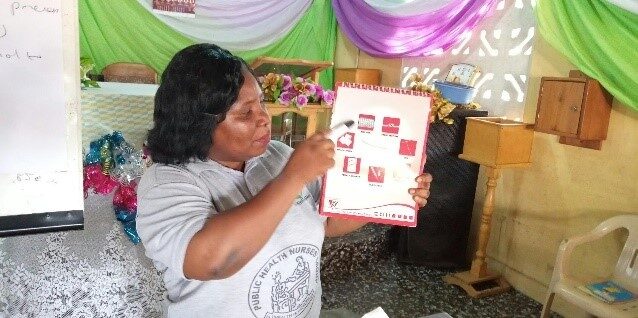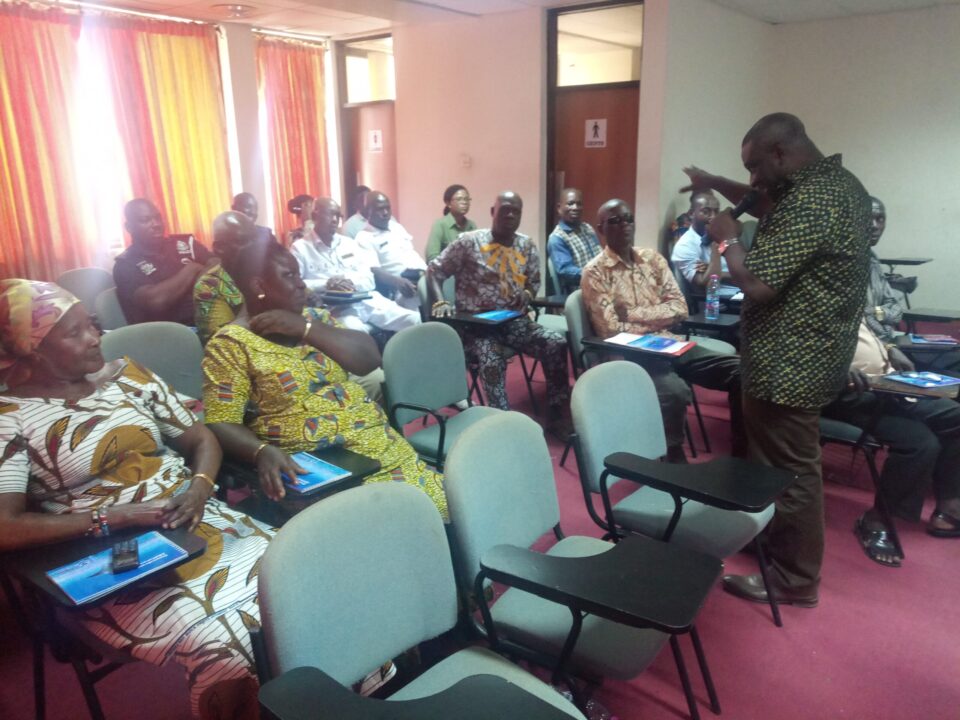“Integrating Health and Family Planning into Greater Amanzule Wetland Landscape Conservation and Small-Scale Fisheries Management in the Western Region of Ghana”
In October 2018, Hen Mpoano in collaboration with Advancing Partners and Communities (APC) commenced implementation of a pilot population, health and environment (PHE) initiative titled “Integrating Health and Family Planning into Greater Amanzule Wetland (GAW) Landscape Conservation and Small-Scale Fisheries Management in the Western Region of Ghana”. The project, funded by the United States Agency for International Development (USAID) is aimed at building capacity at the district level for PHE integration, establishing and strengthening community-based distribution systems for contraceptives and fostering institutional collaboration across sectors to build support for future PHE initiatives.
The 10-month project has 10 communities in the Greater Amanzule Wetland (GAW) landscape as its geographical focus and thus covers the Nzema East, Ellembelle and Jomoro districts. The 10 communities include Sanwoma, Eziom, Ajomoro Eshiem, Kukuavile, Adelekazo, Alloakpoke, Ebonlowa, Old Kablesuazo, Metika and Efaso.
Direct beneficiaries of this project are an estimated 150,000 inhabitants (both men and women) living in selected communities and nearby villages who depend directly on natural resources associated with the Greater Amanzule Wetland as a source of livelihood and food security. Other beneficiaries include identifiable state and private institutions operating on the landscape such as the district assemblies and, Government health institutions.
The Population Health and Environment project is one of the many interventions funded by USAID in the coastal areas of the Western region. The project builds on the Coastal Sustainable Landscapes Project (CSLP) and the Sustainable Fisheries Management Project (SFMP) which aimed at building capacity for improving landscape resilience with a particular focus on sustainable management of estuarine fisheries, conservation of mangrove ecosystems and other coastal biodiversity. Together, the CSLP and SFMP empowered community inhabitants leading to a positive attitude towards savings, improved management of fisheries habitats and mangrove ecosystems. Currently, a network of community structures/institutions such as Village Savings and Loans Associations (VSLAs), Community Wetland Conservation Committees (CCCs), community-based Fisheries Management (CBFM) associations have been established and had begun implementing good practices for biodiversity conservation and community development.
Some project accomplishments of the PHE project so far include;
- Thirty-one PHE champions selected from the project area have been trained to serve as ambassadors in their communities to communicate PHE messages on local radios and embarked on house-to-house visitation to deepen interaction with families about the benefits of family planning.
- Interactive drama sessions: Through the drama, explicit messages on the environmental, health and economic benefits of child spacing were disseminated to more than 1,000 audiences.
- Twenty-three traditional birth attendants have been trained to serve as a liaison between the Ghana health service and the communities. Their duty is to refer pregnant women in their communities to nearby health facilities.
- Development and dissemination of IEC materials: posters with PHE messages were designed and disseminated in beneficiary communities for awareness creation and sensitization.
- Training workshops conducted for different target groups on population, health and environment linkages. Among those trained were 34 officials of district assembly departments, 23 traditional birth attendants, 20 peer educators and 31 PHE champions.
- Hen Mpoano in collaboration with the Nzema East health directorate organizes weekly outreaches to fragile and difficult to reach riverine communities on the Lower Ankobra River Basin. During these outreach programs, health services like Antenatal Care (ANC), Expanded Programme on Immunization (EPI), Family Planning/Rural health (FP/RH), are provided to beneficiary communities.
- Basic health items donated to the Nzema East health directorate for outreach activities.






